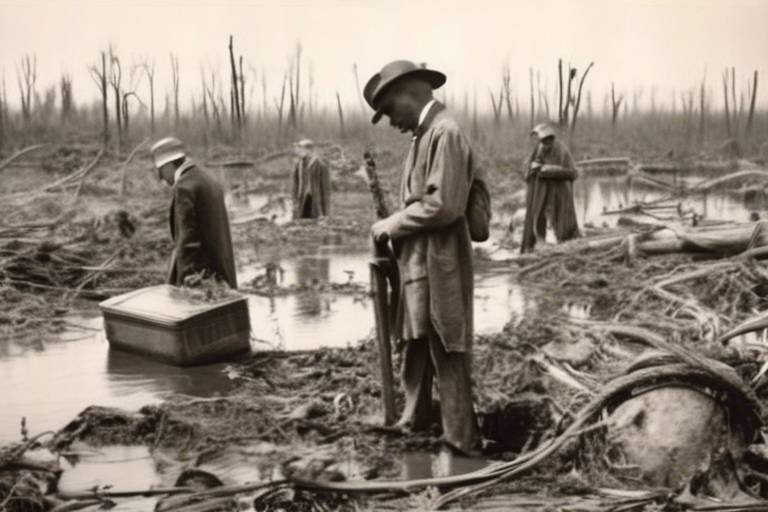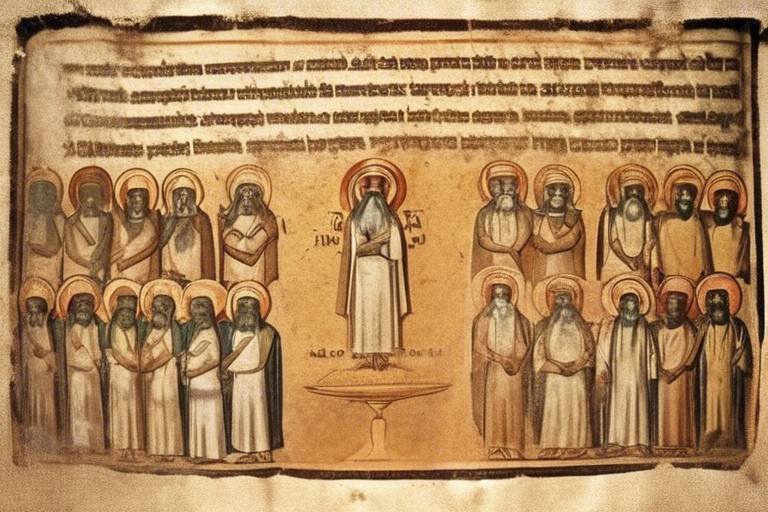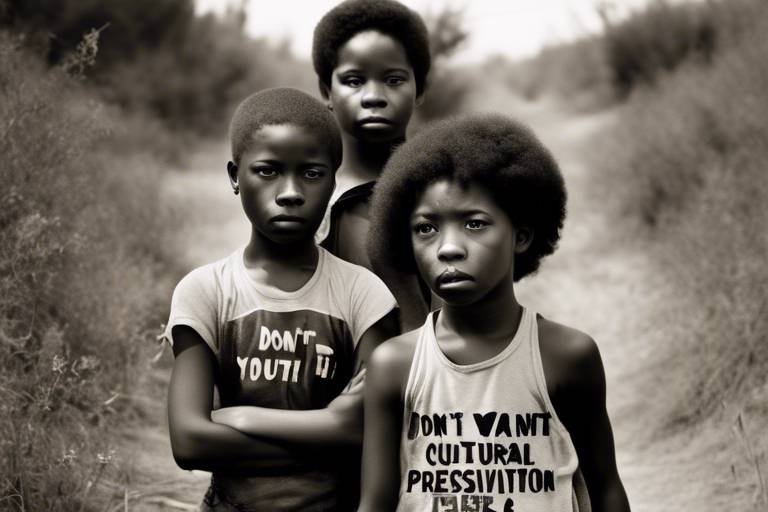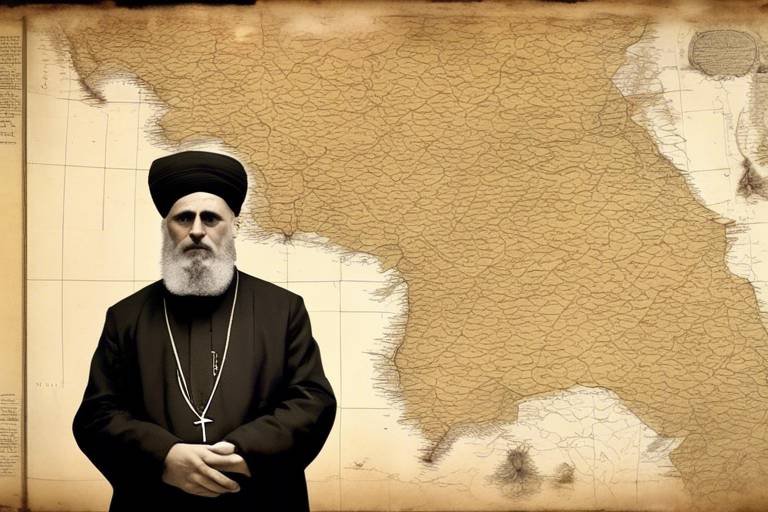The Impact of Historical Events on Cultural Identity
Historical events have a profound impact on the cultural identity of communities and individuals, shaping their traditions, beliefs, and values that are passed down through generations. These events serve as the foundation upon which cultural identities are built, influencing how societies perceive themselves and interact with the world around them.
Colonialism stands out as a significant historical event that has left a lasting mark on the cultural identities of indigenous peoples and colonized societies worldwide. The imposition of foreign rule often led to the suppression of native languages, traditions, and customs, altering the cultural landscape and creating a complex legacy that continues to influence identity formation.
Wars and conflicts have also played a pivotal role in shaping cultural identities, fostering resilience, unity, and sometimes division among affected populations. The experience of conflict can strengthen cultural bonds as communities come together to overcome adversity, while also highlighting the fragility of cultural heritage in times of turmoil.
Migration, whether forced or voluntary, has been another key factor in shaping cultural identities. The movement of people across regions and continents has led to the blending of diverse cultural practices, resulting in the emergence of hybrid identities that reflect the interconnectedness of global societies.
Genocide represents one of the darkest chapters in human history, with profound implications for cultural identity. The systematic destruction of communities and their cultural heritage has led to the loss of language, traditions, and knowledge that are essential components of cultural identity, leaving lasting scars on affected populations.
Independence movements have been instrumental in shaping the cultural identities of nations, fostering a sense of pride and autonomy among people striving for self-determination. These movements often serve as catalysts for cultural revival, sparking renewed interest in traditional practices and values that define a nation's identity.
Globalization, with its interconnectedness and rapid exchange of ideas, has had a significant impact on cultural identity. While it has facilitated the spread of diverse cultural expressions, it has also raised concerns about cultural homogenization and the loss of distinct identities in the face of global influences.
Efforts to revive and preserve cultural identity in the wake of globalization and colonial legacies are crucial for maintaining cultural diversity and heritage. Initiatives aimed at safeguarding traditional knowledge, languages, and practices play a vital role in ensuring the continuity of cultural identities in an ever-changing world.
Looking ahead, the future of cultural identity faces both challenges and opportunities in a rapidly evolving global landscape. The preservation of cultural heritage and the promotion of diversity are essential for fostering mutual understanding and respect among diverse communities, highlighting the richness of human experience and expression.

Colonialism and Cultural Identity
Colonialism has left an indelible mark on the cultural identities of communities across the globe. The legacy of colonial rule continues to influence traditions, beliefs, and values that have been passed down through generations. The impact of colonialism on cultural identity is complex and multifaceted, often resulting in a blend of indigenous practices and imposed cultural norms.
One of the most significant effects of colonialism on cultural identity is the erasure or suppression of indigenous languages, customs, and traditions. Colonizers often sought to impose their own cultural practices and worldviews on the colonized population, leading to a loss of cultural autonomy and identity. This process of cultural assimilation has had long-lasting effects on the ways in which communities perceive themselves and their heritage.
Moreover, colonialism has disrupted traditional social structures and systems of governance, leading to a reconfiguration of power dynamics within societies. The imposition of colonial laws and institutions has further entrenched the influence of colonial powers on the cultural identities of the colonized peoples.
Despite the negative impact of colonialism on cultural identity, there have been efforts to reclaim and revitalize indigenous cultures in the post-colonial era. Indigenous movements advocating for cultural preservation and revitalization have gained momentum, seeking to restore pride in traditional practices and reclaim cultural heritage that was once suppressed.
The effects of colonialism on cultural identity are still felt today, as communities grapple with the legacies of oppression and cultural marginalization. Understanding the impact of colonialism on cultural identity is crucial for fostering reconciliation, promoting cultural diversity, and honoring the resilience of communities that have endured centuries of colonial rule.

Wars and Cultural Identity
Wars have played a significant role in shaping the cultural identities of societies throughout history. The impact of wars on cultural identity can be profound, influencing traditions, values, and collective memory. In times of conflict, communities often come together, forging a sense of unity and resilience in the face of adversity. However, wars can also lead to the fragmentation and division of cultural identities, as different groups may have conflicting experiences and interpretations of the same events.
Moreover, wars can result in the destruction of cultural heritage, including historical sites, artifacts, and practices that hold deep cultural significance. The loss of cultural heritage due to conflicts can have long-lasting effects on the identity of affected populations, as it erases tangible connections to the past and disrupts the transmission of traditions to future generations.
On the other hand, wars can also give rise to cultural expressions of resistance and survival. Through art, literature, music, and other forms of creative expression, communities affected by war can preserve their cultural identity and narratives, ensuring that their stories are not forgotten amidst the chaos of conflict.
Additionally, wars can lead to the displacement of populations, resulting in the mixing of cultures and the emergence of hybrid cultural identities. Forced migration due to war can create new cultural dynamics as people from different backgrounds come into contact, leading to the exchange of traditions, languages, and beliefs.
Overall, wars have a complex and multifaceted impact on cultural identity, shaping it in both destructive and transformative ways. Understanding the relationship between wars and cultural identity is essential for recognizing the resilience and creativity of communities in the face of adversity, as well as acknowledging the challenges and complexities that arise from the intersection of conflict and culture.
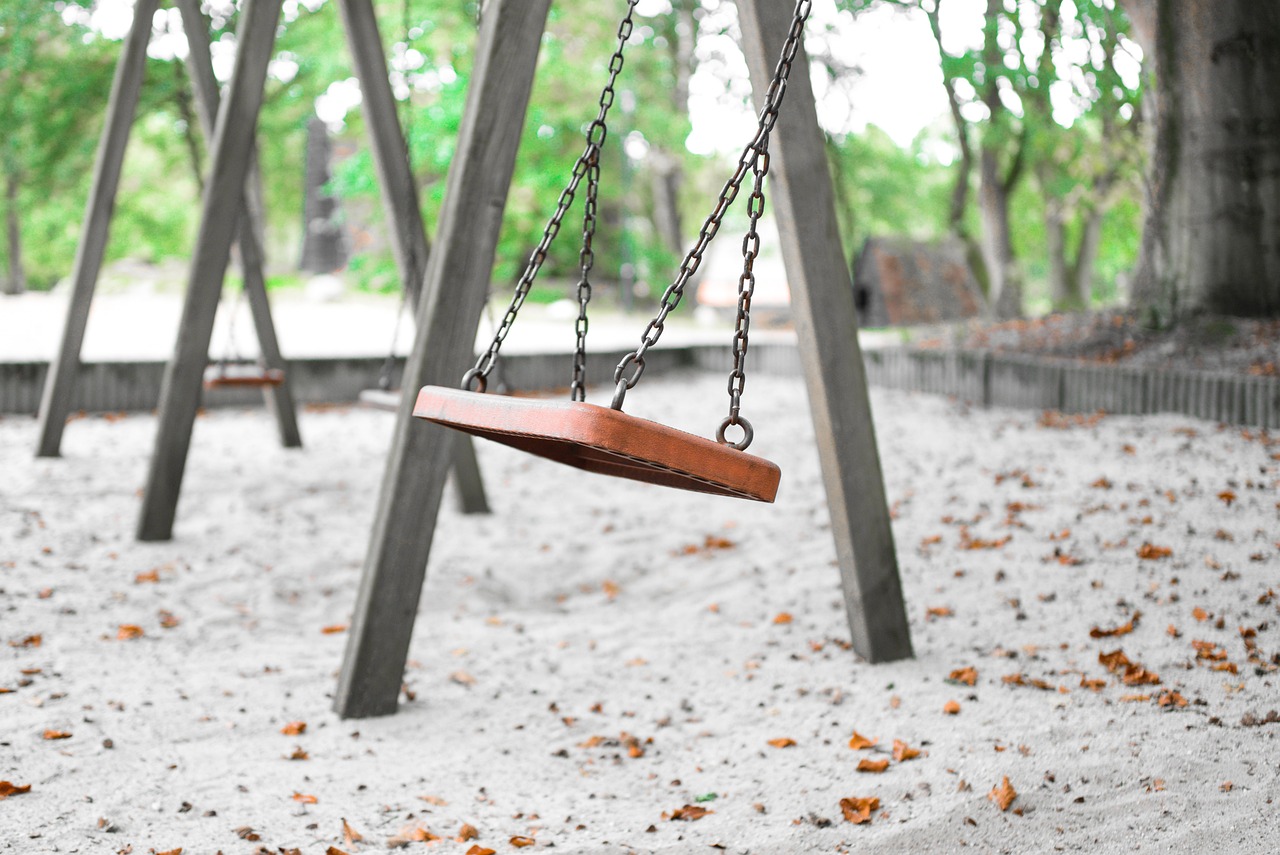
Migration and Cultural Identity
Migration plays a significant role in shaping cultural identity, as it involves the movement of people from one place to another, bringing their traditions, beliefs, and practices with them. This movement, whether forced or voluntary, often results in the blending of cultures and the emergence of new cultural expressions.
When individuals or communities migrate, they carry a piece of their cultural identity with them, contributing to the diversity and richness of the societies they join. This exchange of cultural elements can lead to the creation of hybrid identities that reflect a mix of different cultural influences.
Migration can also challenge existing cultural norms and traditions, prompting individuals to adapt and evolve their cultural practices in response to new environments and social contexts. This process of adaptation can result in the revitalization of cultural traditions or the creation of entirely new cultural forms.
Furthermore, migration can foster a sense of belonging and community among individuals who share similar migration experiences, creating networks of support and solidarity that contribute to the preservation and promotion of cultural identity.
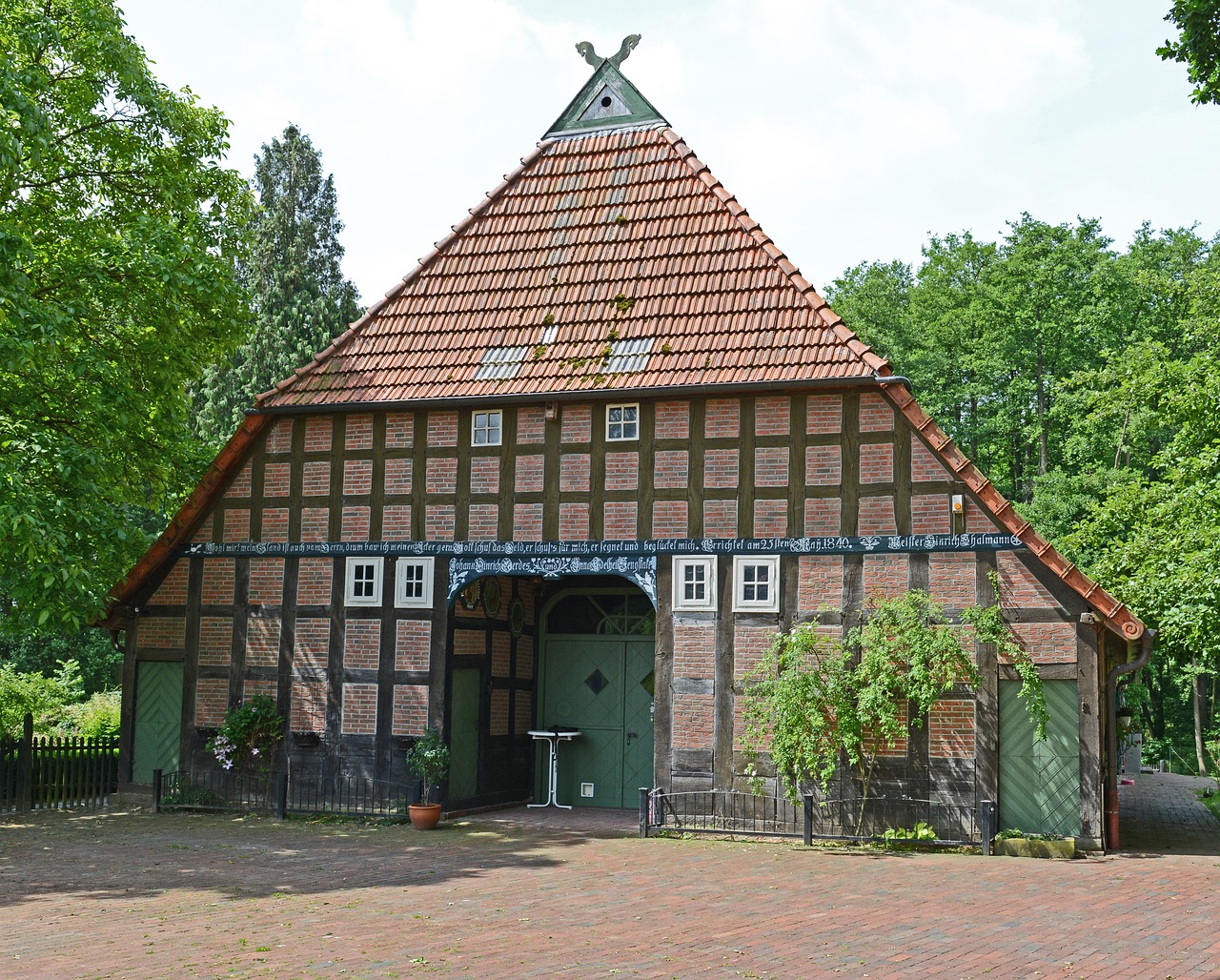
Genocide and Cultural Identity
Genocide, one of the darkest chapters in human history, has had profound and devastating effects on the cultural identities of affected communities. The deliberate and systematic destruction of ethnic, religious, or cultural groups not only results in the loss of human lives but also leads to the erasure of unique languages, traditions, and heritage that define a community's identity. The scars left by genocide run deep, impacting future generations and challenging the very essence of cultural continuity.
Survivors of genocide often struggle to preserve their cultural identity in the aftermath of such trauma. The psychological wounds inflicted by the horrors of genocide make it challenging for communities to pass down their traditions and values to younger members. The loss of elders, who are the bearers of cultural knowledge, further exacerbates the threat of cultural extinction.
Moreover, the aftermath of genocide can result in the forced assimilation of survivors into dominant cultures, leading to the erosion of their distinct cultural practices. The trauma experienced during genocide can also create barriers to the revival and preservation of cultural identity, as communities grapple with feelings of fear, mistrust, and insecurity.
Efforts to address the impact of genocide on cultural identity include initiatives to document and preserve endangered languages, traditions, and customs. Through storytelling, art, music, and education, survivors and their descendants strive to reclaim and revitalize elements of their cultural heritage that were nearly lost to the atrocities of genocide.
Ultimately, the resilience of communities affected by genocide in reclaiming their cultural identity serves as a testament to the enduring power of human spirit and the importance of preserving diverse cultural expressions. By acknowledging the trauma of the past and honoring the memories of those lost, communities can forge a path towards healing and cultural renewal, ensuring that the legacy of their ancestors lives on for future generations.

Independence Movements and Cultural Identity
Independence movements have long been a catalyst for reshaping the cultural identities of nations, instilling a sense of pride, resilience, and autonomy among their people. These movements often emerge in response to colonial rule or oppressive regimes, seeking to reclaim and celebrate the unique heritage and traditions that define a community's identity.
Through acts of resistance, protest, and advocacy, independence movements not only challenge existing power structures but also serve as a powerful force in preserving cultural practices and languages that may be at risk of extinction. By asserting their right to self-determination, these movements reaffirm the importance of cultural autonomy and the preservation of historical legacies.
Furthermore, independence movements can serve as a unifying force, bringing together diverse groups under a common cause of liberation and nation-building. They foster a shared sense of identity and belonging, transcending individual differences to create a collective narrative of struggle and triumph.
Independence movements also play a crucial role in shaping the future trajectory of a nation's cultural identity, influencing everything from political structures to artistic expressions. By challenging dominant narratives and reclaiming historical narratives, these movements pave the way for a more inclusive and diverse cultural landscape.

Globalization and Cultural Identity
Globalization has become a significant force in shaping cultural identities around the world. The interconnectedness fostered by globalization has led to the exchange of ideas, values, and practices across borders, influencing the way communities perceive and express their cultural heritage. As cultures interact and blend, a phenomenon known as cultural hybridization emerges, where traditional beliefs and practices intermingle with external influences, creating unique cultural expressions.
One of the key impacts of globalization on cultural identity is the potential for cultural homogenization, where diverse cultural traditions risk being overshadowed by dominant global trends. This can lead to the loss of unique cultural elements and the erosion of traditional practices as societies adopt more mainstream norms. However, globalization also presents opportunities for cultural exchange and collaboration, allowing for the enrichment and diversification of cultural identities through the incorporation of new perspectives and practices.
Globalization has facilitated the spread of popular culture, such as music, fashion, and cuisine, transcending geographical boundaries and influencing the way people worldwide engage with cultural artifacts. This interconnectedness has led to the emergence of global cultural phenomena that resonate across different societies, creating shared experiences and connections that transcend individual cultural identities.
Moreover, globalization has sparked debates about cultural authenticity and preservation, raising questions about how communities can maintain their cultural heritage in the face of external influences. Efforts to safeguard cultural identity in a globalized world include initiatives to document and protect traditional knowledge, promote cultural education, and preserve historical sites and artifacts that hold significance for communities.
In conclusion, globalization has both positive and negative implications for cultural identity, offering opportunities for cultural exchange and innovation while also posing challenges to the preservation of unique cultural traditions. As societies navigate the complexities of a globalized world, the importance of valuing and preserving cultural diversity becomes increasingly crucial in ensuring the richness and vitality of cultural identities across the globe.

Revival of Cultural Identity
Exploring how past events shape and influence the cultural identity of communities and individuals, impacting traditions, beliefs, and values passed down through generations.
In the wake of globalization and the erosion of traditional cultural practices, many communities are embarking on a journey to revive and preserve their cultural identities. This revival often involves a conscious effort to reclaim lost traditions, languages, and customs that have been overshadowed by dominant global cultures.
One common strategy for the revival of cultural identity is through cultural festivals and events that celebrate the unique heritage of a community. These gatherings serve as a platform for showcasing traditional arts, music, dance, and cuisine, allowing younger generations to connect with their roots and older generations to pass down cultural knowledge.
Moreover, educational initiatives play a crucial role in the revival of cultural identity. Schools and community centers may offer classes in traditional crafts, storytelling, or language to ensure that cultural practices are preserved and transmitted to future generations. By integrating cultural education into formal curricula, societies can instill a sense of pride and belonging in their heritage.
Collaborative efforts between community members, cultural institutions, and governmental bodies are also essential for the successful revival of cultural identity. Establishing cultural centers, museums, and archives dedicated to preserving and promoting indigenous knowledge helps create a sense of continuity and connection to the past.
Through the revival of cultural identity, communities not only reclaim their unique heritage but also resist cultural homogenization and maintain diversity in a rapidly changing world. By embracing their traditions and values, individuals can strengthen their sense of belonging and contribute to the rich tapestry of global cultural diversity.

Future Prospects for Cultural Identity
As we look towards the future, the prospects for cultural identity are both challenging and promising. In a rapidly changing world where globalization continues to blur boundaries, the preservation and promotion of diverse cultural identities become increasingly crucial. The evolving landscape of technology and communication presents new opportunities for communities to share and celebrate their unique traditions and heritage.
One of the key challenges facing cultural identity is the threat of homogenization brought about by the dominance of globalized media and consumer culture. As traditional practices and beliefs are overshadowed by mainstream trends, there is a risk of losing the rich tapestry of cultural diversity that defines our world. However, this challenge also opens up avenues for innovation and adaptation, as communities find creative ways to safeguard their heritage while embracing modern influences.
Education plays a vital role in shaping the future of cultural identity, empowering individuals to appreciate and respect different cultural perspectives. By integrating multicultural curricula and promoting intercultural dialogue, societies can foster a sense of unity amidst diversity. Embracing inclusivity and tolerance paves the way for a future where cultural identities are celebrated as sources of strength and resilience.
Furthermore, initiatives that support cultural revitalization and heritage preservation are essential for safeguarding the authenticity of traditions passed down through generations. Museums, cultural institutions, and community organizations play a crucial role in documenting and promoting indigenous knowledge systems, languages, and practices. By investing in cultural sustainability, we ensure that future generations inherit a world rich in diverse cultural expressions.
Looking ahead, the future of cultural identity hinges on our collective commitment to fostering mutual respect, understanding, and cooperation across borders. By recognizing the intrinsic value of cultural diversity and the contributions of each community to the global tapestry of humanity, we can build a more inclusive and harmonious world where cultural identities thrive and flourish.
Frequently Asked Questions
- What is cultural identity?
Cultural identity refers to the shared beliefs, traditions, values, and practices that shape the identity of a particular group or community. It encompasses the unique cultural expressions that define who we are and where we come from.
- How do historical events impact cultural identity?
Historical events play a significant role in shaping cultural identity by influencing traditions, beliefs, and values passed down through generations. These events can either strengthen cultural bonds or lead to the loss of cultural heritage.
- What role does globalization play in cultural identity?
Globalization has both positive and negative effects on cultural identity. While it can facilitate the exchange of ideas and practices, it also poses a threat to indigenous cultures and traditions by promoting cultural homogenization.
- How can cultural identity be preserved in the face of modern challenges?
Efforts to preserve cultural identity involve initiatives such as cultural revitalization, education, and the protection of cultural heritage sites. It requires a collective commitment to safeguarding diverse cultural expressions.


